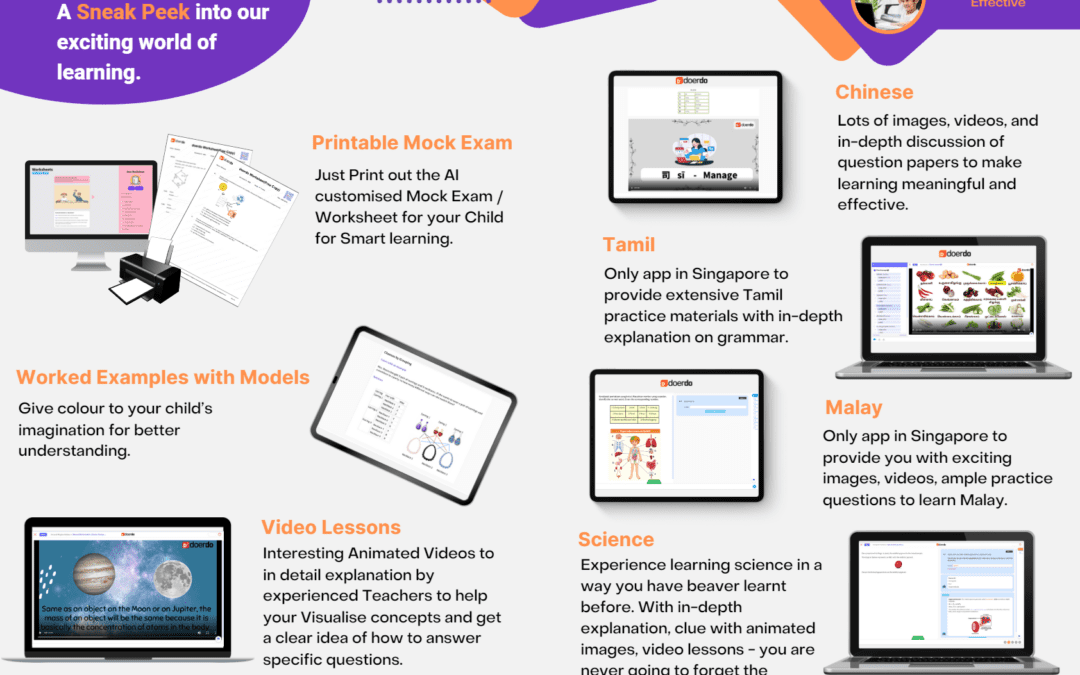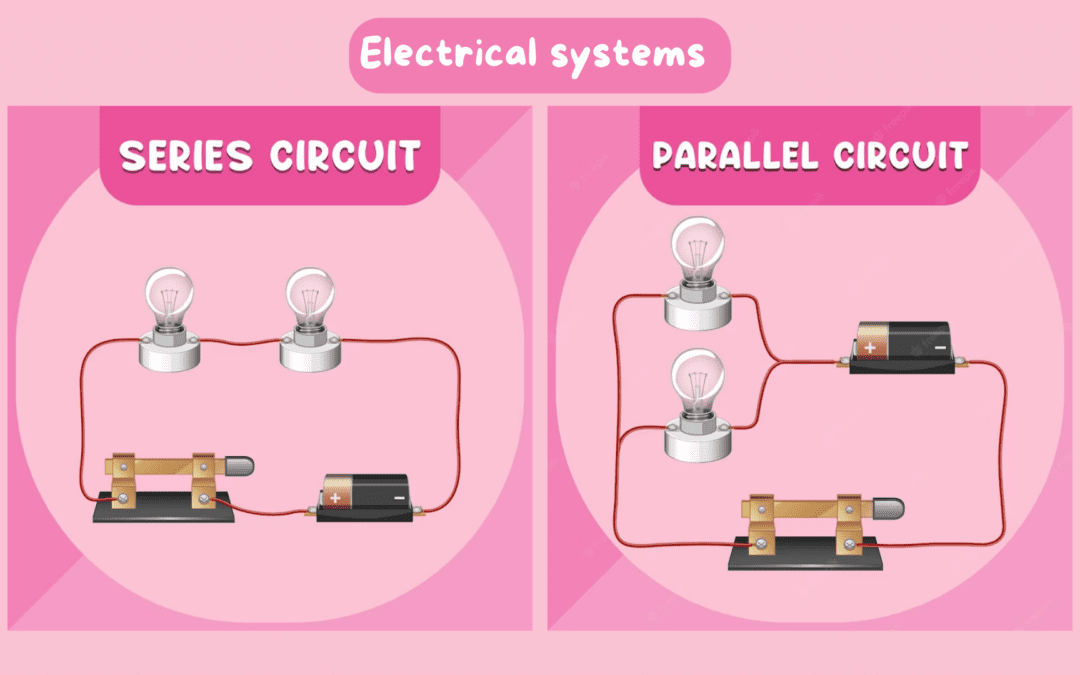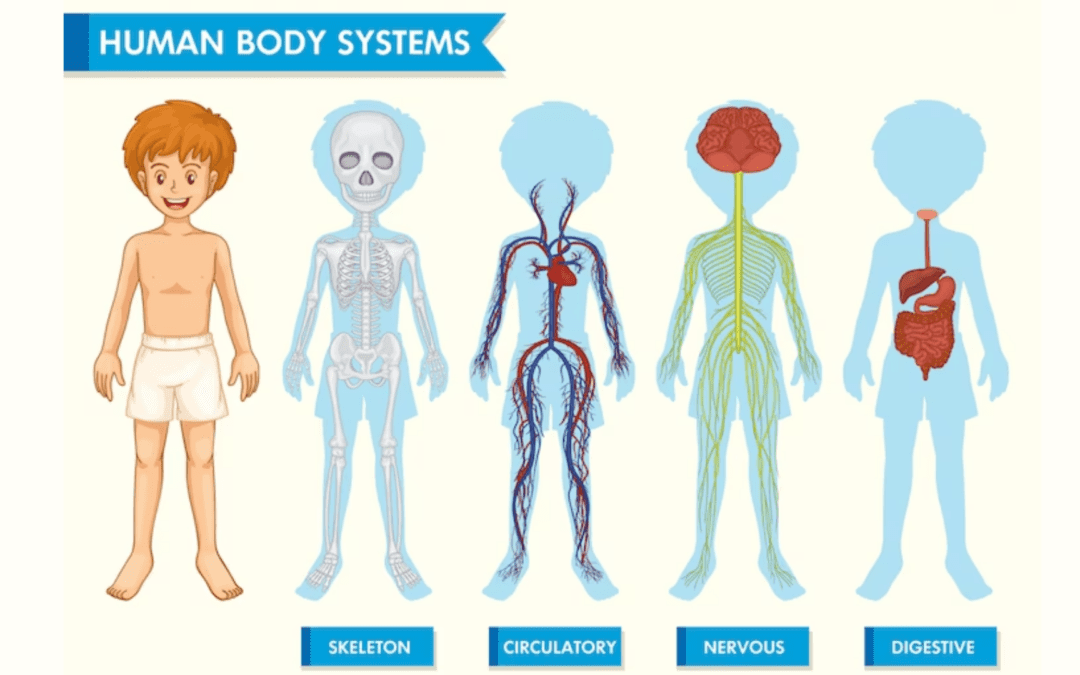Children are often asked to do a lot of studying for school, and it can be hard for them to remember everything they have learned. It is important to find ways to help your child remember what he or she has learned. You can take notes during the lecture, summarize the main points, or find other ways that work best for you and your child.

Remember keywords:
If a child cannot remember what he’s studied, it will be difficult to write coherent answers in an exam. To solve this situation, make him repeat keywords from each answer before the exam and keep them in mind. When writing long answers, he has to be able to recall the keywords.
Read thoroughly:
To make sure your child is making the most of his time at school, make sure he reads his lessons every day at home. This will also help him reiterate what was taught in school.
Write it out:
To help your child remember his answers better, it’s a good idea to have him write his responses out rather than just reading them aloud. Writing an answer once is equivalent to reading it several times and will greatly improve memory recall.
Get doubts cleared:
If your child has a question while the teacher is teaching, advise him to raise his hand and get clarification. Not doing so will lead to a poor understanding of the lesson. Sharing his thoughts and understanding with classmates will also help.
Prepare a flow chart:
Flow charts are key to helping your kids comprehend lessons, especially if they’re feeling a bit lost. If they follow the flow of the chart as they study, it can be easier for them to remember things that were taught. It’s a great way to sit back and review what had been learned.
Build confidence:
Build your child’s self-confidence by having him regularly tell himself that he’ll understand and remember his lessons and that he’ll write down the answers accurately on the day of exams. It’s common for students to do badly in their exams because of a lack of confidence.
Proper diet and rest:
Eating healthy food during exams is important because it can help to maintain a healthy body & mind. Doing so will provide the necessary nutrients for proper metabolism and optimal memory function. Provide your child with healthy meals high in fruit and vegetables and avoid junk food. Make sure he gets enough sleep and rest.
Doerdo offers an effective solution to the difficulties experienced by both parents and children alike. While these obstacles are no small feat, Doerdo is fully equipped to tackle them head-on.
Doerdo’s personalized learning platform utilizes machine learning algorithms to analyze students’ performance and adapt accordingly, offering tailored content and feedback in real-time. This ensures your child receives study materials tailored to their learning style and pace.
Doerdo’s Personal Coaching
Live Classes offer small, interactive class sizes of no more than five students for more personalized support and interaction.
Doerdo’s Concept Mastery
Learn provides engaging content that simplifies learning concepts for each topic across all subjects. It includes bite-sized, easily learnable concepts to help students understand each concept, essential question sets, personalized revision plans, higher-order questions, and much more.
Doerdo’s Progressive Practice
Practice is powered by AI to help students master each topic. With 200K+ MOE syllabus-based questions for practice, AI-generated worksheets for up to five topics at once, printable worksheets for screenless learning, and more – students have the freedom to learn at their own pace.
Doerdo Exam Excellence
It provides AI-powered mock exams to give students a realistic exam experience and boost their scores in exams. The mocks adhere to MOE syllabuses and standards, including the number of questions, marks, and time. Doerdo also analyzes past exam papers and predicts important questions for the next exam using predictive analytics, making exam preparation more efficient and effective.
Doerdo’s Expert Guidance
It offers personal mentors and experienced ex-MOE teachers to support and guide students throughout their educational journey. They provide one-on-one mentorship, paper correction, doubt-solving, homework guidance, guided exams, and more in order to build students’ confidence and enhance their performance.
Doerdo offers a comprehensive learning path, featuring courses, worksheets, mock exams and engaging content to help children master their lessons more efficiently and effectively. Furthermore, Doerdo encourages healthy habits by offering deep insights into student performance; tracking progress and pinpointing areas for improvement; plus it suggests proper nutrition and rest for optimal memory function.
Doerdo is an ideal solution for parents who want their children to succeed academically and beyond.
FAQs About Children’s Memory Development
- What is working memory and why is it important for children?
Working memory is the brain’s ability to temporarily hold and manipulate information. It’s crucial for tasks like following instructions, solving problems, and learning new concepts. - How does episodic memory develop in children?
Episodic memory describes personal experiences and events, developing gradually from ages 3-5. It helps children remember important personal events like their first day of school. - What are the different types of memory essential for learning?
Children utilize semantic memory for facts, working memory for immediate tasks, and episodic memory for experiences. Each type of memory plays a unique role in cognitive growth. - How can memory games help improve a child’s retention?
Memory games strengthen recall abilities, enhance focus and concentration, and make the process of memory development more engaging and fun. - What are effective ways to help boost your child’s memory skills?
Regular practice, visualization techniques, breaking information into chunks, and using like song lyrics for memorization can significantly enhance memory capabilities. - How can parents help children develop memory during everyday activities?
Incorporate memory work into daily routines, encourage storytelling, and practice recall of recent events to strengthen memory naturally. - What are common memory problems in children?
Kids who have trouble with memory might struggle with following instructions, remembering information, or maintaining focus during tasks. - How does the semantic memory system develop in children?
Semantic memory develops as children learn facts, concepts, and general knowledge, becoming stronger through repeated exposure and practice. - What role does executive function play in memory development?
Executive function controls attention, organization, and planning, directly impacting a child’s ability to form and retrieve memories. - How can parents help improve working memory in children?
Use structured activities, break tasks into smaller steps, and provide opportunities for practice and repetition. - What are signs of memory issues in children?
Watch for trouble remembering instructions, difficulty with recall when asked, and struggles with retaining new information. - How does talking to your child about things help memory retention?
Discussion helps process and store information, making it easier to recall later through multiple memory pathways. - What is the main concern regarding memory development in children?
The primary concern is ensuring children develop their long-term memory effectively while building strong working memory skills. - How can parents explore related topics to enhance memory?
Connect new information to existing knowledge, use cross-referencing, and create meaningful associations to strengthen memory connections. - What is the process of memory formation in children?
Memory formation involves encoding, storage, and retrieval, with each stage requiring different cognitive skills and support. - How can parents give your child the best support for memory development?
Provide structured learning environments, use multiple sensory approaches, and offer consistent practice opportunities. - What are effective ways to help children learn and retain information?
Use visual aids, create mnemonics, and incorporate physical activities to reinforce learning and memory retention. - How does a child’s journey in memory development progress?
Memory development follows a predictable pattern from basic recognition to complex recall and application of information. - What role do thinking skills play in memory development?
Strong thinking skills support better information processing, organization, and retrieval of stored memories. - How can educational psychologists help with memory problems?
They can assess memory difficulties, provide specialized strategies, and develop targeted interventions for improvement.










